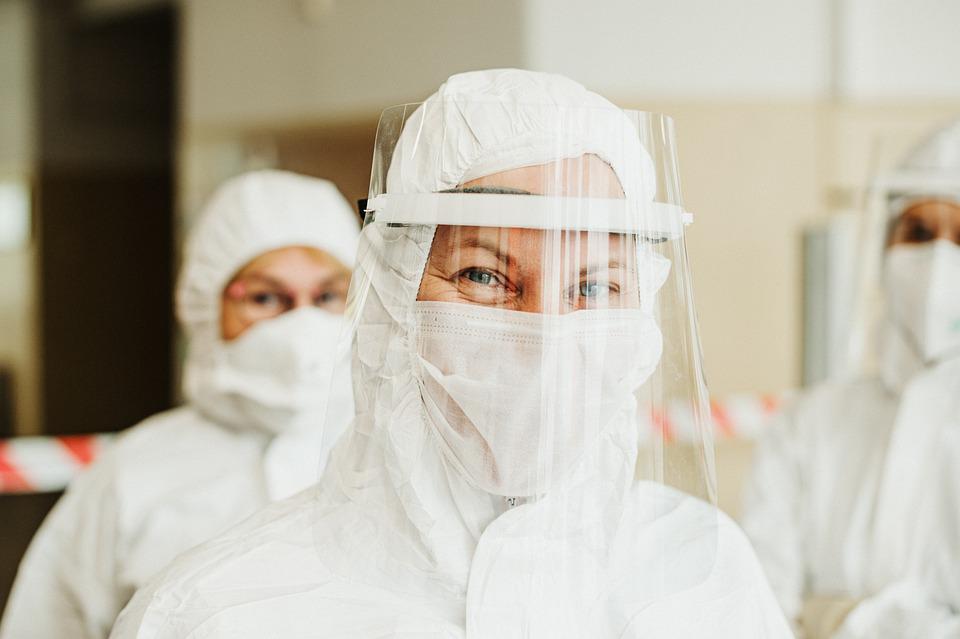
Image sourced by pixabay.com
Context
In the second iteration of the Aapti Research Roundtable series, we explore how the role of research has been redefined in a world changed by the pandemic. Now more than ever, we see how crucial it is to tap into empirical evidence from the field to inform active policies in response to the pandemic.
We were curious to explore the existing pathways that facilitate the translation of research insights into actionable policies, and the ways in which the pandemic has affected these pathways. The goal was to bring together researchers and practitioners from various sectors to understand the challenges and possibilities of conducting research, gleaning insights, and converting them into impactful action.
We were curious to explore the existing pathways that facilitate the translation of research insights into actionable policies, and the ways in which the pandemic has affected these pathways. The goal was to bring together researchers and practitioners from various sectors to understand the challenges and possibilities of conducting research, gleaning insights, and converting them into impactful action.
On September 11th 2020, we put together a roundtable with panellists from the Indian development research community to talk about the ways in which the pandemic has affected their research experience, and some of the challenges and pathways they experience in translating their research into action.
We invited Katie Pyle from Janaagraha, Madhuri Dhariwal from Indus Action, and Paromita Sen from Self Employed Women’s Association (SEWA) to discuss some of these key questions.
Key Observations and Challenges
The discussion on how the pandemic changed research over the past few months elicited the following key observations:
1. The role of data and real time insights for timely program implementation:
The pandemic has presented the need to take timely data driven decisions in response to the crippling effects of the pandemic. This has reflected in the way governance structures have responded to research organisations. Government officials have actively sought insights from the field to support implementation models in response to the pandemic. There is an acknowledgement from across sectors (public/private/third) of the credibility of field research as an important resource to design dynamic relief measures. The perception is that the governments are more amenable to investing time and resources in research projects now than they were prior to the pandemic as they see the effect of data driven decisions in real-time.
2. Problem-led action research and community agency
Community based organisations have built the capacity to conduct active problem-led research within their communities to respond to the pandemic. The enacted agency of community members has resulted in development of new skill sets and holistic and high-impact solutions to problem-led research questions.
3. Implications on ethics of research
Researchers have had to spend more time and resources to ensure informed consent is sought in remote fieldwork scenarios. There was an acknowledgement of the need for more robust guidelines on data sharing for implementation. A move towards participatory methods of research design to ensure informed consent was also discussed.
Ecosystem Action
The discussion that ensued produced the following potential pathways for further action and thinking:
- Building sustainable partnerships and models for insight sharing within the research ecosystem is crucial to deter duplication in data collection.
- The pandemic could be a watershed moment where governments and research organisations can establish a viable and sustainable pipeline, as there is a general consensus on the significance of empirical insights.
- A nationwide consortium of researchers from different sectors and verticals could be established to detail a set of core ethical guidelines on conducting and implementing research.
- Participatory research design that engaged community members would yield a more ethically sound methodology
Conclusion
This series is part of an ongoing conversation on research in the time of COVID-19. The key takeaways from the session were the importance of establishing partnerships, and community based participation in research design to ensure holistic ethical standards.


